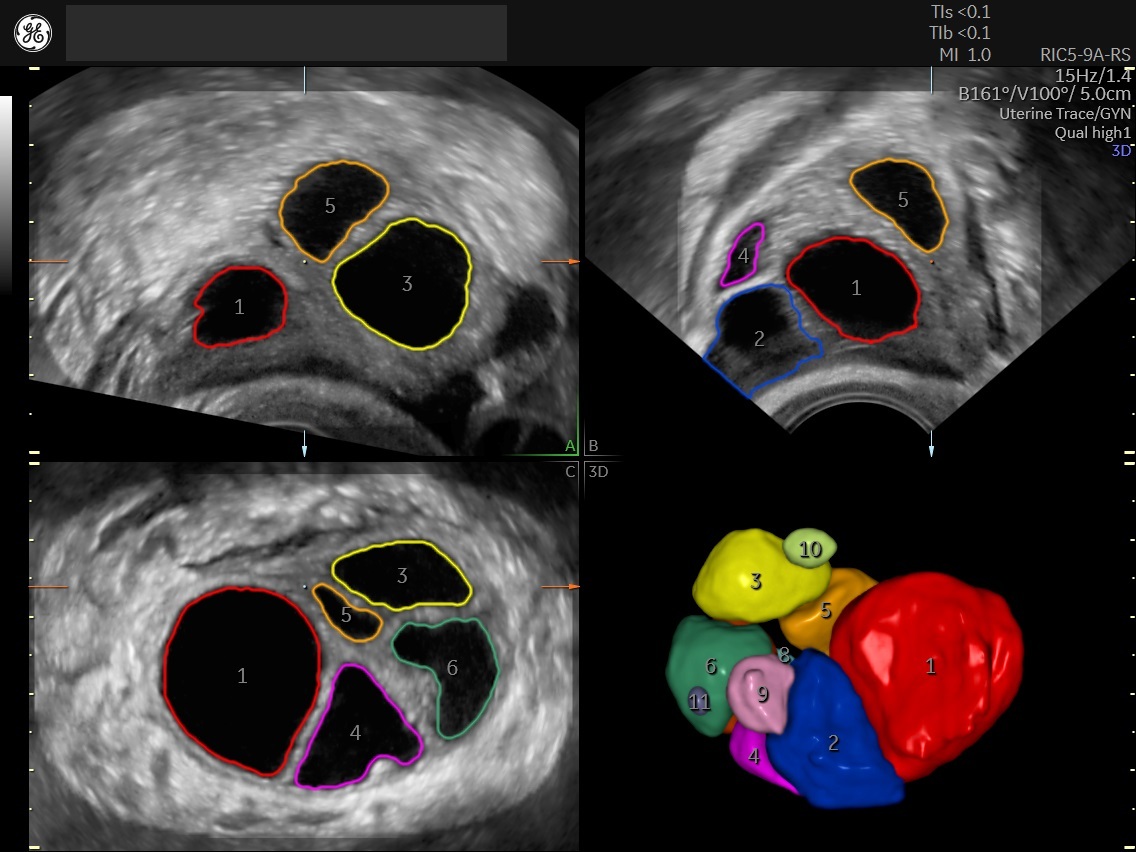Evidence is clear that fertility decreases with age. For patients assigned female at birth, the chance of conceiving falls by about 30 percent from their early twenties to their late thirties, according to research published in Human Reproduction Update. The chance of specific complications such as preeclampsia also increases at advanced maternal age, usually defined as over 37 years of age. Making a deliberate choice to keep fertility in mind earlier in life, such as by elective oocyte cryopreservation, may help some with the chances of achieving pregnancy later on.
What is less clear is whether there should be an age cutoff for oocyte cryopreservation. Age cutoffs have been considered for other fertility-related procedures, such as IVF, and there is compelling evidence on both sides of the debate.
Arguments Against an Age Cutoff
Opponents say that establishing social egg freezing age restrictions creates inequalities and unfair limitations. After all, medical egg freezing — cryopreservation for reasons such as preparing for chemotherapy or radiation to treat cancer — has no age limit. Instead, it occurs whenever the fertility-impacting condition does.
The European Society of Human Reproduction and Embryology (ESHRE) was an early supporter of social egg freezing. In a 2012 paper published in Human Reproduction, the organization concluded that although elective oocyte cryopreservation is best when the patient is younger than 35, the freezing itself should not have an age cutoff. Instead, ESHRE argues that the use of those cryopreserved eggs should be limited to 50 years old.
Reproductive Choice and Autonomy
Due to expanding opportunities in education, career options and the ability to gain financial independence, many prospective parents are choosing to become pregnant later in life.
In fact, according to the U.S. Census Bureau, births in 2017 were highest among those ages 30 to 34; in 2006, the highest rate was among ages 25 to 29. Further, the recorded birth rate among mothers ages 20 to 24 has seen a sharp decline since 2006, and the birth rate among 35- to 50-year-olds has steadily increased.
Unrestricted social egg freezing offers reproductive options to more patients. By removing the pressure of the "biological clock," people may no longer feel the need to have a child before they are ready — even if they are already over 35.
It also allows women to control their reproductive opportunities separate from any current or future partners. As the American Society for Reproductive Medicine (ASRM) Ethics Committee points out, cisgender men who freeze their sperm are rarely — if ever — criticized for doing so, regardless of age. Further, their reproductive window is longer than cisgender women's. The Committee agrees that gender equality is needed to prevent undue burden on one partner in heterosexual couples.
Socioeconomic Barriers to Egg Freezing
Egg freezing treatment cycles and storage in the United States costs $30,000 to $40,000 on average, according to FertilityIQ. Thus, having an age cutoff could financially prevent many patients from considering social egg freezing as an option.
Because the procedure is elective, most US insurance plans will not cover it. A patient will also likely need multiple retrievals to bank enough eggs to produce all the embryos required for multiple healthy births, which can further add to the total cost.
Additionally, if a patient waits until they can afford those costs, they may learn that they now need — or is required to use — donor eggs. In this case, the patient may put off becoming a parent even longer to afford this new, unexpected, and potentially avoidable expense. Or, by this time, they may have no financial path to parenthood at all, as the options only continue to get more expensive.
Education — and access to it — also plays a role. Degrees beyond a high school education often correlate with higher-paying career paths. Therefore, unsurprisingly, a literature review published in Reproductive Biology and Endocrinology found that 25 percent of women who pursue social egg freezing had bachelors' degrees, 43 percent had master's degrees and 38 percent had a more advanced degree such as a Ph.D, M.D. or dual graduate degree.
Arguments for an Age Cutoff
Having a social egg freezing age cutoff would eliminate many of the ethical and logistical problems, proponents argue. Most voice concern over the health risks to parents of advanced age and their infants. Some argue that unrestricted social egg freezing actually encourages delayed parenthood and that an age cutoff would reduce the likelihood of this scenario.
Potential for Reproductive Coercion
Although those who are against an age cutoff cite gender equality in reproductive autonomy, proponents have suggested that employers could place even greater demands on cisgender women if they have the option of freezing their eggs and delaying childbearing longer.
Studies on whether unlimited egg freezing poses this problem have mainly focused on companies that offer egg freezing subsidies as an employee benefit. A legal argument published by the William S. Boyd School of Law argues that indefinite egg freezing could be used to coerce female employees to work longer before having children or to withhold career advancement based on their choices. This reasoning is partly why research published in the Journal of Assisted Reproduction and Genetics cautions against offering egg banking as an employee benefit. In the presence of an age cutoff, however, this particular issue would be less of a concern for workplaces that offer egg freezing subsidies.
Risks of Egg Freezing for Older Patients
The procedure itself is not without risk, notes an analysis from the Canadian Medical Association Journal. These include ovarian hyperstimulation as well as the potential for multiple pregnancy and preterm delivery that come with the transfer of frozen embryos later on. Advanced maternal age exacerbates all of these risks. Although adverse outcomes are certainly not eliminated by imposing age restrictions, age would no longer become an additional risk by itself.
Finally, oocyte health declines with age. Without age restrictions, some patients may not freeze their eggs until those eggs are already declining in quality, undermining the original purpose of elective oocyte cryopreservation.

Follicle seen on ultrasound using Voluson SonoAVC™follicle
Discussing Egg Freezing With Patients
Reproductive specialists and gynecologists should make it clear that when a patient is of advanced maternal age, both parent and fetus face increased risks. According to research from Fertility and Sterility, these include:
- Spontaneous abortion
- Gestational diabetes
- Preeclampsia
- Preterm delivery
- Birth defects
- Low birth weight
Patients may need a firm but kind reminder that freezing their eggs at an early reproductive age is not a guarantee of a healthy pregnancy later in life. The same can be said for embryo transfers.
Is There an Ideal Age To Freeze Oocytes?
The optimal time to freeze oocytes is up for debate. With age, the number and quality of oocytes declines, while the need for higher doses of ovarian stimulation medication increases. In theory, the earlier in life that cryopreservation takes place, the more likely a future embryo transfer cycle will be successful. On the other hand, a 2015 study published in Fertility and Sterility found little benefit of freezing eggs between the ages of 25 to 30 and the highest benefit between 32 and 37. This issue needs substantially more research to come to a resolution.
As with all aspects of medicine, patients need to be informed on all of the potential benefits and risks. Physicians must ensure this conversation is thorough and invites two-way dialogue into the best health decision for a patient's individual situation.




